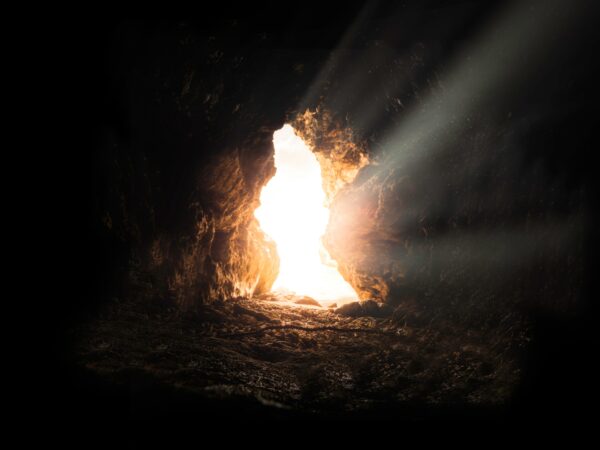
On the one hand, there is in the foreground “a land flowing with milk and honey.” On the other hand, as one reads the text with modern eyes and ears, the problematic language of inheritance, possession, and settlement the chapter begins with rightly alarms readers concerned about occupation of stolen lands using theologically justifying language.

Joseph’s claim that it was God who engineered the situation for good is indicative of a person, or at least a narrative character, who has experienced healing over time, away from his abusers. He has reframed his narrative to better suit how he sees himself and his world now, a world where he has power.









